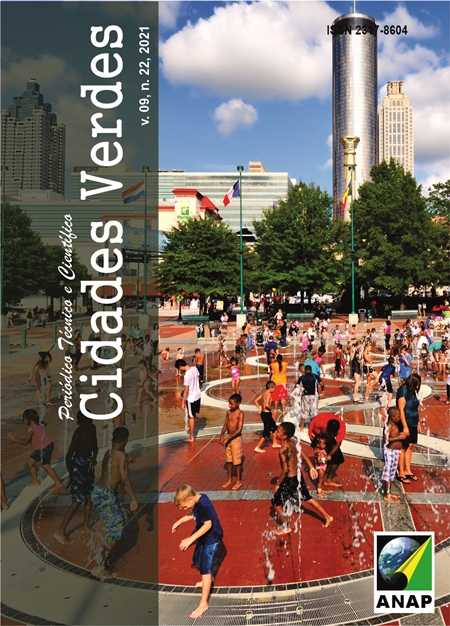Parapuã (Sp) And The Requalification Of Free Spaces Along Urban Rivers
A Systemic Approach
DOI:
https://doi.org/10.17271/2317860492220212866Abstract
Studying the contemporary city is one of the first steps to understand and seek appropriate solutions to some of the current problems, which is why it has been increasingly used as an object of study and perceived as a structure with its own identity. The aspect identified and detailed in this article is the socio-spatial fragmentation of contemporary cities and how this aspect interferes, in the discontinuity of public open spaces that constitute a large part of the urban grid. The aim of this study is to identify possible systemic relationships of these urban open spaces through real examples in the city under study, Parapuã-SP, and to analyze the benefits that the interconnection of these spaces would bring in the construction of the contemporary landscape by taking advantage of great latent potential, mainly in those areas where water is present in the urban environment. As a result, the feasibility of the proposal presented was verified, through the study of the morphology and evolution of the city, maps or urban projects, and interviews with city dwellers, in particular, with those who live in the vicinity of the studied areas.
KEYWORDS: Fragmented Cities. Cities of Western Paulista. Free Spaces System. Urban Streams.















